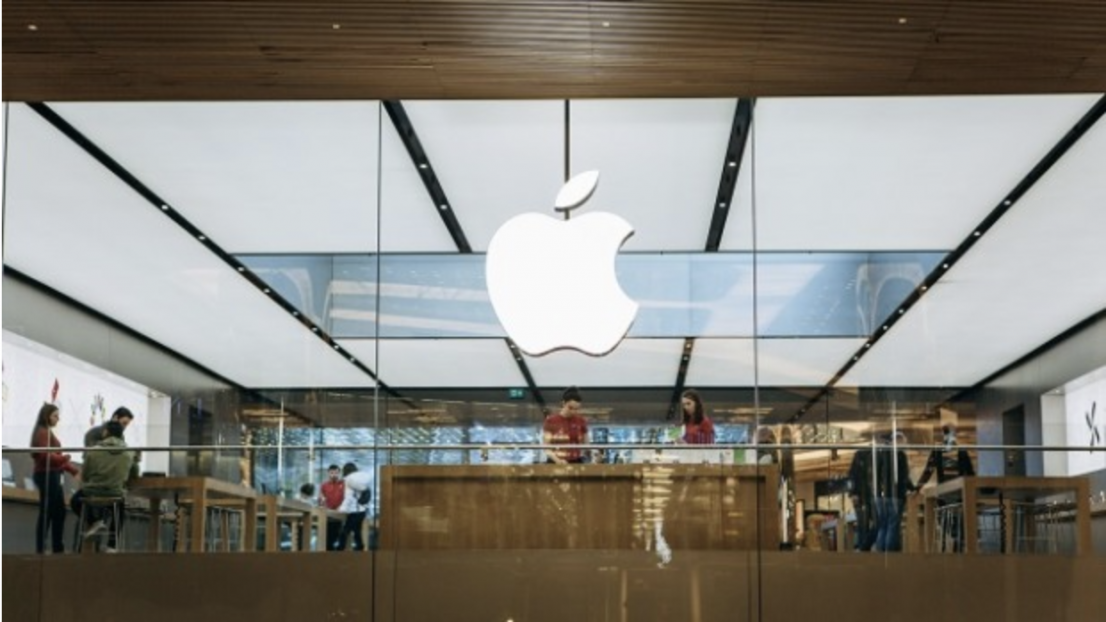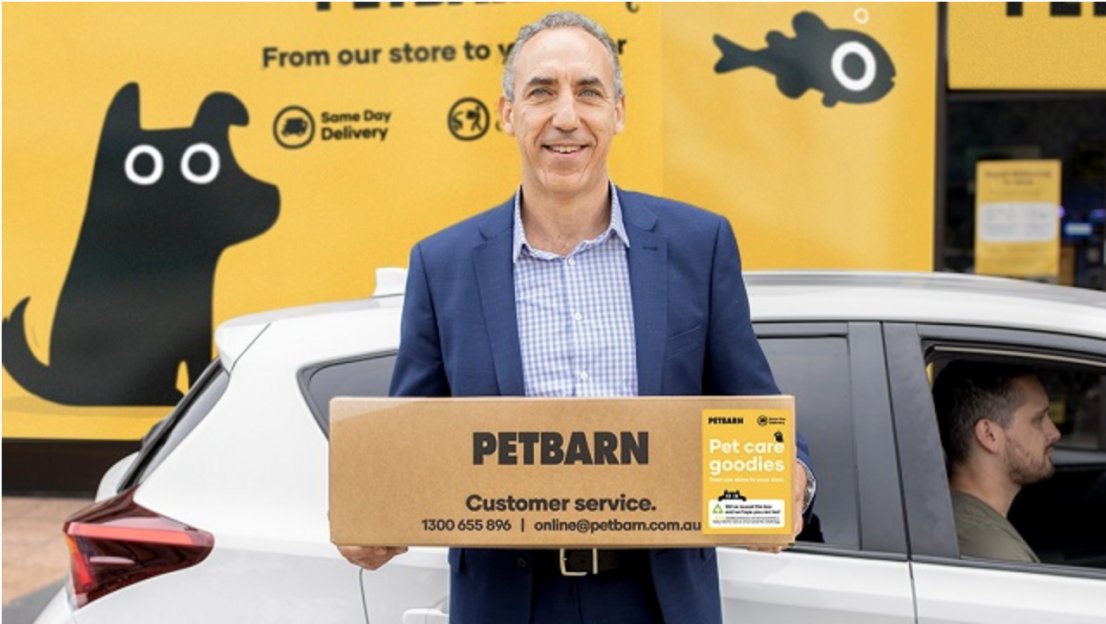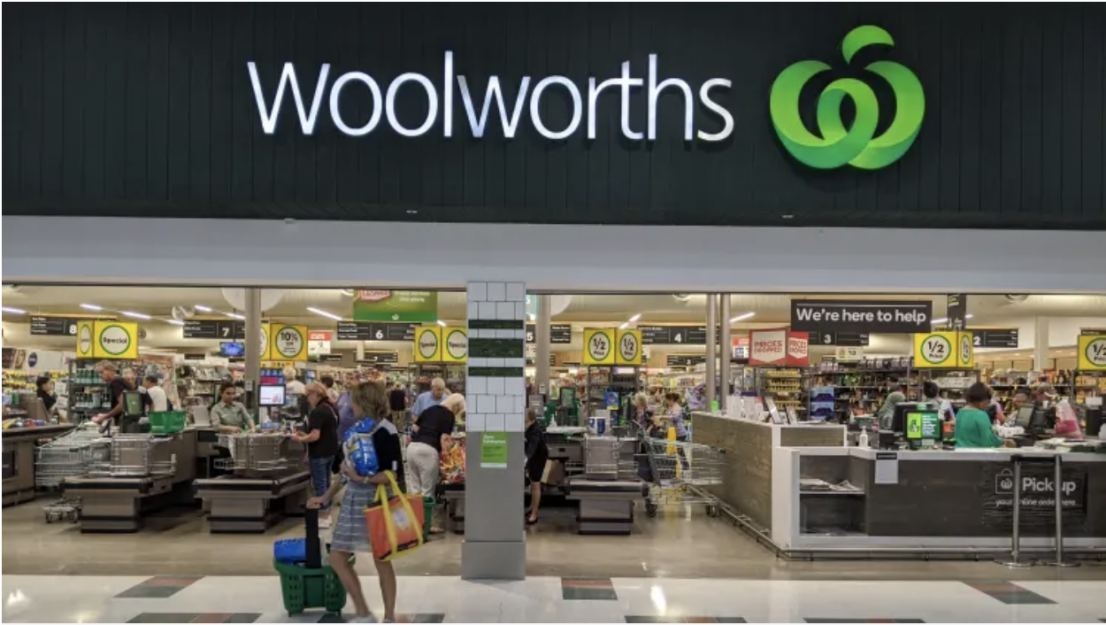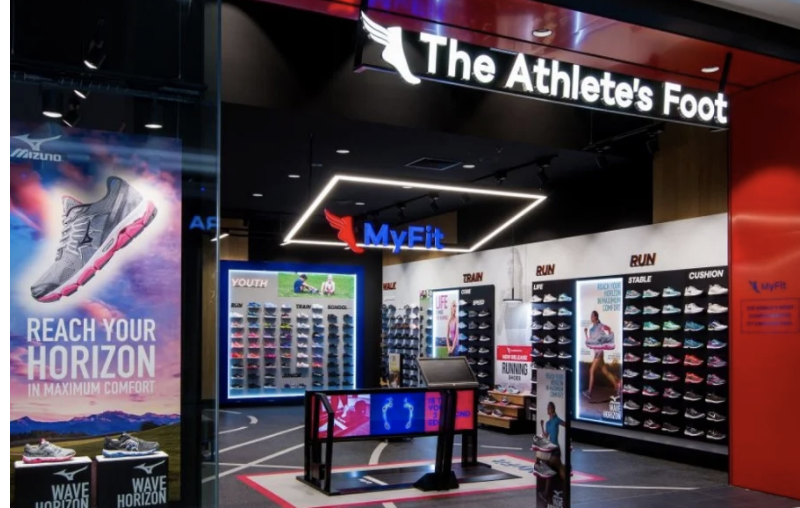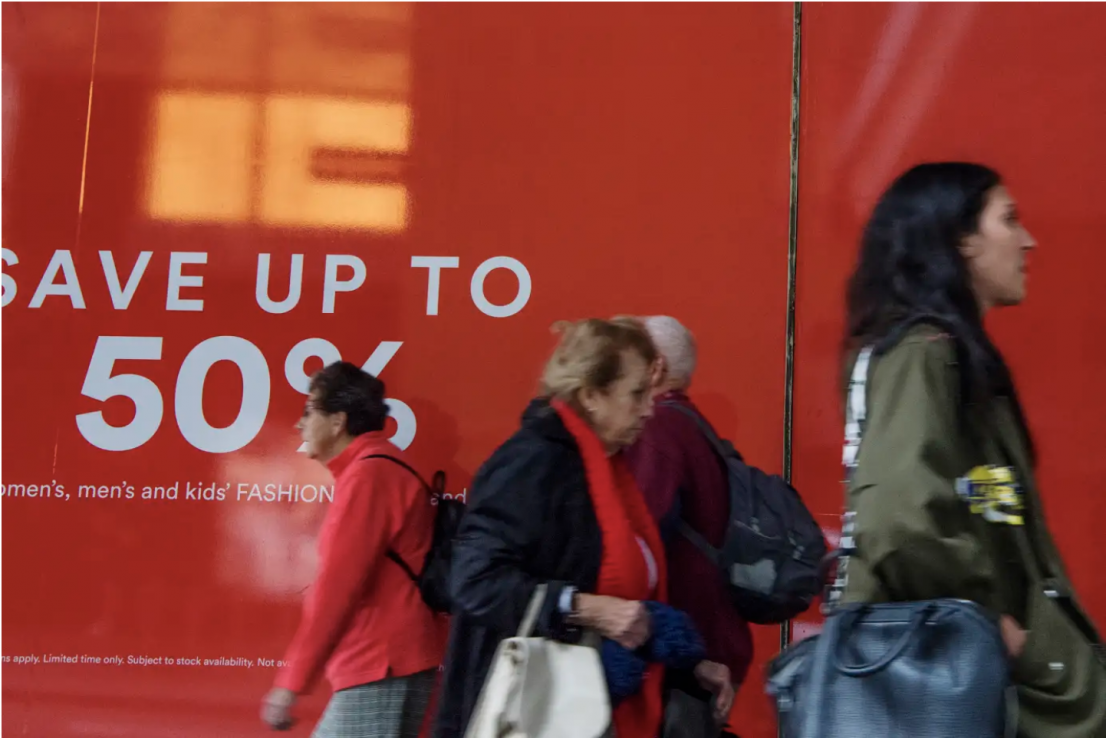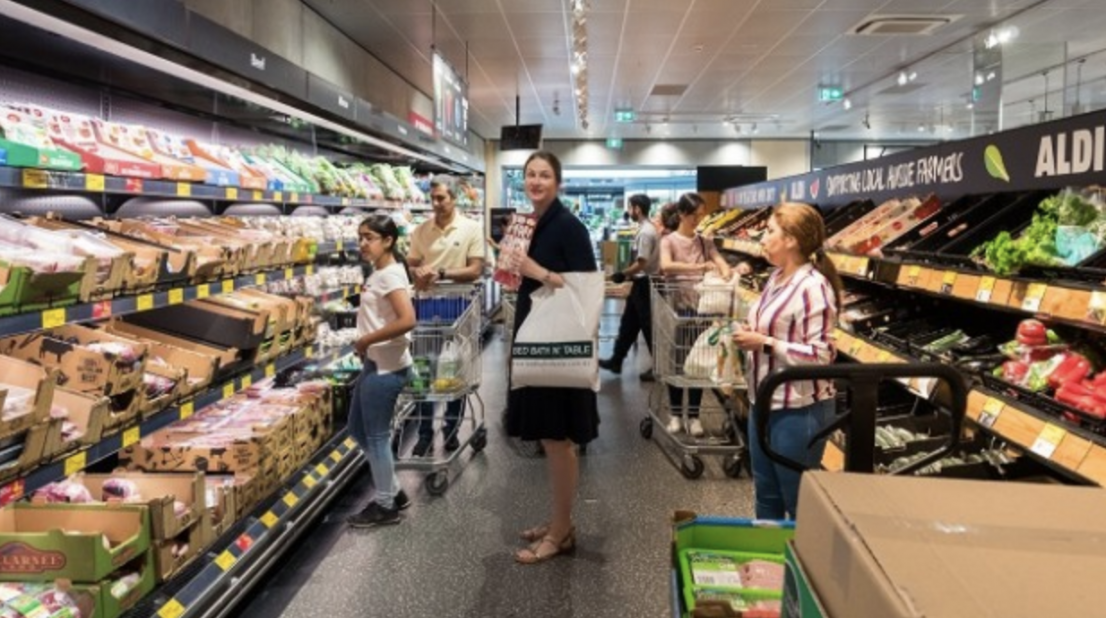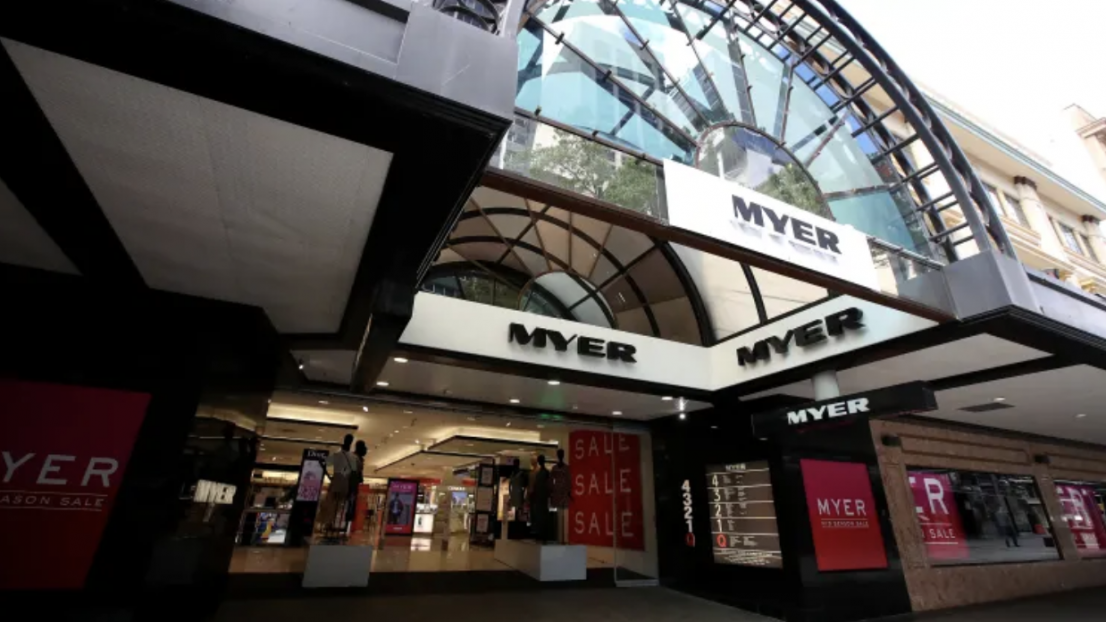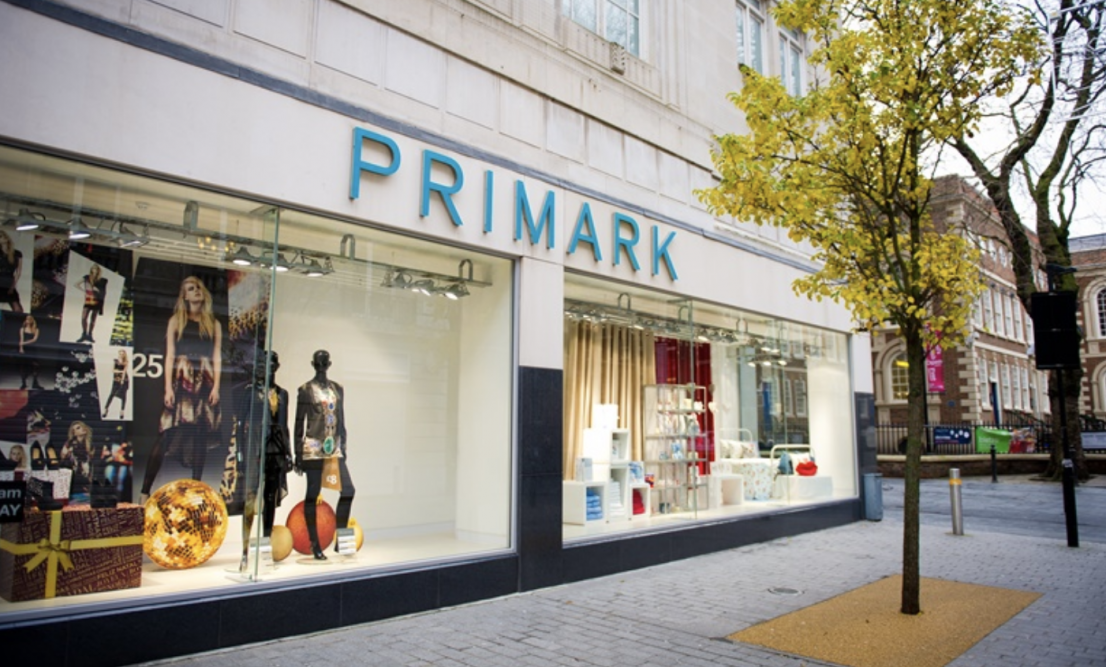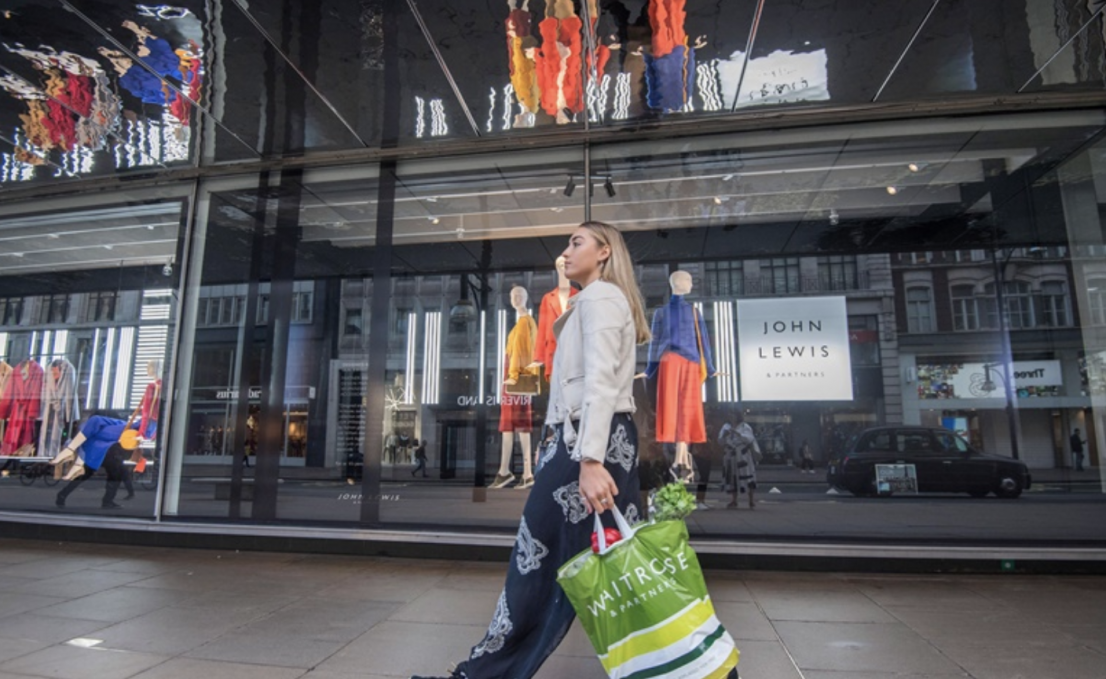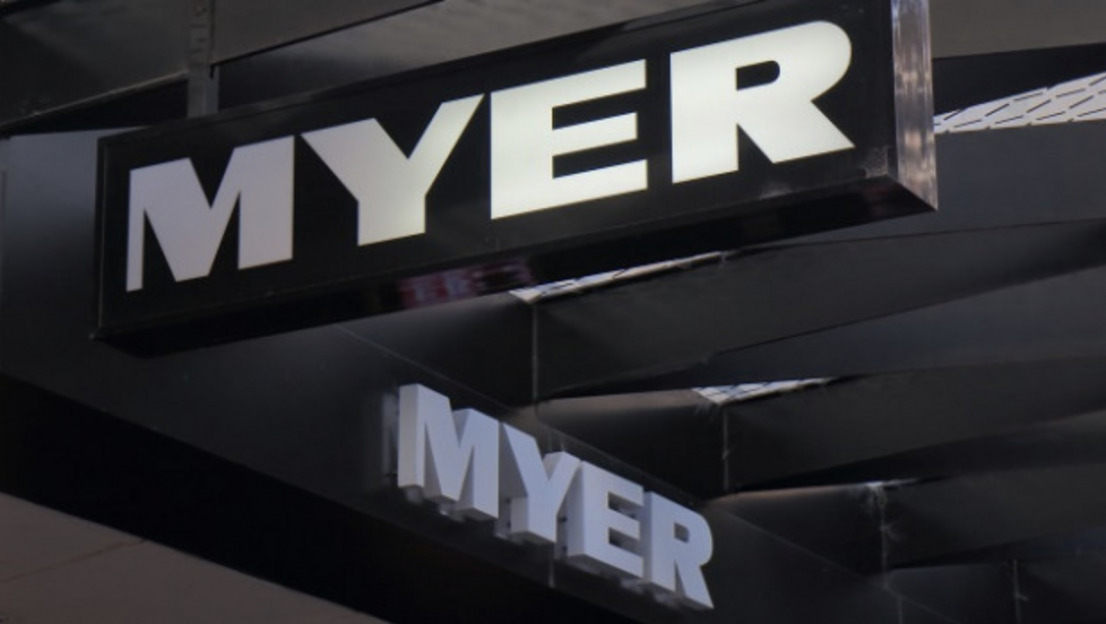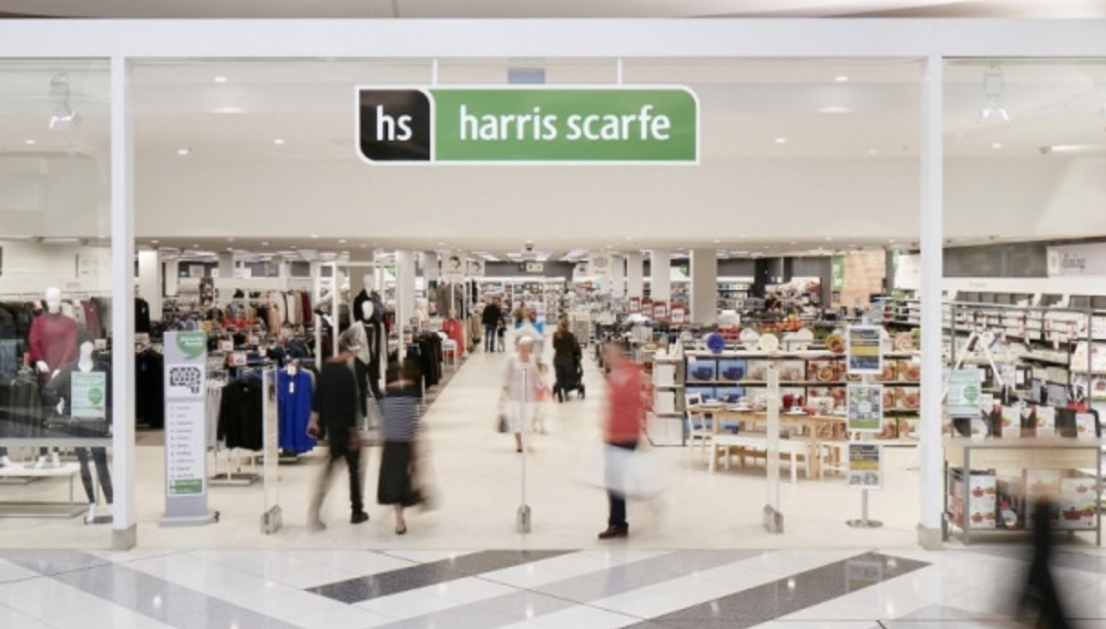
Australia's largest footwear retailer Accent Group, which operates 503 stores, has not been immune to the economic carnage presented by COVID-19.
Social distancing measures introduced in mid-March resulted in customers abandoning specialty retailers in shopping centres in droves, resulting in store sales declines of 50% to 75%.
While Prime Minister Scott Morrison has announced leasing codes for businesses with turnover of $50 million or less, major shopping centres have been slow to respond to the seismic shift.
Accent chief digital officer MarkTeperson said shopping centres are facing an inflection point.
Whilst landlords remain hopeful traffic will return, the prolonged impacts of social distancing are likely to have a permanent impact.
"For too long, shopping centre rents, their annual increases and expectation around renewals have been fundamentally out of step with the decline in foot traffic, 4-wall comp sales, and the overwhelming shift in consumer behaviour to online.
"Combined with the recent fires and floods impacting many parts of Australia, this has contributed to a growing number of retail businesses filing for administration over the last 12 months.
"Almost every shopping centre in the country has experienced sustained foot traffic decline over the last few years. The impact of the COVID-19 pandemic will only accelerate and sustain this trend."
A recent study published by Bain, on the impact of COVID-19 on retail in China, illustrated the seismic change.
Several major retailers including Apple, Nike and Starbucks - which closed their stores during the COVID-19 lockdown - have only seen instore foot traffic return to 40% to 50% of their previous levels in the first four to six weeks after their reopening.
"This is the canary in the coal mine for Australian landlords and sets up the only logical path forward for retailers and landlords to work together – leases based on percentage of sales.
"Whilst landlords remain hopeful this once in a generation decline is a temporary shift in behaviour, the prolonged impacts of social distancing are likely to have a much deeper and more permanent impact on consumers shift to online, resulting in a permanent structural change.
"Inflection points are more than big changes. They are orders of magnitude bigger. True inflection points have far-reaching effects that change how people work, how they buy and how they live. Think the printing press, the invention of the microprocessor, the internet, music streaming and now COVID-19.
"Companies that effectively harness an inflection point can ride a wave of change to massive scale. But it is not enough to be the first to see an inflection point, you must actively accelerate the inflection. You cannot just ride the waves; you must make them."
While landlords drag their feet, Accent Group has leveraged its vast digital capability leaning into the consumer shift into digital, tripling its digital sales through April, since the COVID-19 store closures.
Teperson said Accent has responded quickly to the change.
"Accent has built a world class omnichannel capability, able to mobilise, publish and sell every piece of inventory we own across our network of 503 stores and two distribution centres, through our 18 websites.
"Combined with the ability to determine and rapidly change the routing of orders to any store or distribution centre, we can get product to customers faster and more efficiently than our competitors”.
“Throughout the shutdown, Accent was able to adapt fast to government restrictions, operating stores closed to the public as dark stores (mini distribution centres) to fulfil its orders online.
"Providing a safe environment for the Accent team, these dark stores, allow the group to access and reduce our instore inventory, while consumers continue to abandon shopping centres."
Teperson said "it’s not enough to just take advantage of inflection points, you have to accelerate those inflections if you want to achieve huge scale."
This week, Accent Group embarked on an aggressive push across media launching free to air and catchup tv, digital and social marketing for several of its brands The Athlete’s Foot, Skechers and Platypus to further lean into the consumers online purchasing trend.
With more than 35% of the group previous year’s April sales now moved to online, Accent intend to accelerate this trend and reduce its reliance on its store network.
Accent Group CEO Daniel Agostinelli said changes are afoot to further expand digitally.
"The seismic shift to digital reduces our dependence on landlords, and whilst it’s not the landlords fault, the only tenable path forward with landlords is to share the burden and adopt a model that reflects rents as a percentage of sales for the foreseeable future."



